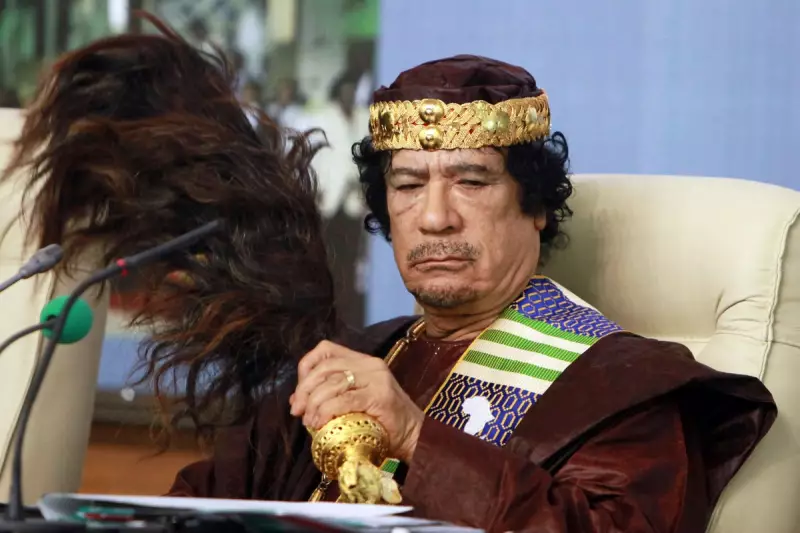
In a startling revelation that exposes Moscow's role as an international safe haven for deposed strongmen, an investigation has uncovered how Russia has systematically provided refuge to multiple world leaders who faced removal from power.
The Kremlin's Protection Racket
Russian President Vladimir Putin has cultivated what foreign policy experts describe as a "graveyard for fallen autocrats," offering sanctuary to leaders facing international condemnation, criminal charges, or violent overthrow in their home countries.
The pattern reveals a calculated strategy by Moscow to maintain influence in global affairs by sheltering former allies and creating leverage against Western powers.
Notable Cases of Russian Sanctuary
Sheikh Hasina's Emergency Exit
During Bangladesh's political turmoil in 2007, the current Prime Minister Sheikh Hasina sought Russian protection amid fears she might be arrested. Moscow's intervention reportedly helped secure her eventual return to power, demonstrating Russia's long-term investment in political relationships.
Gotabaya Rajapaksa's Dramatic Escape
In one of the most dramatic recent examples, Sri Lanka's former president Gotabaya Rajapaksa fled to Russia after mass protests over economic collapse forced his resignation in 2022. His Russian sanctuary provided immediate protection from potential prosecution and public fury.
Bashar al-Assad's Enduring Alliance
While Syria's Bashar al-Assad remains in power, his regime has relied heavily on Russian military and political support throughout the devastating civil war. Moscow's backing has been crucial in preventing his overthrow, making Russia his ultimate insurance policy.
Viktor Yanukovych's Precedent-Setting Escape
The former Ukrainian president's flight to Russia in 2014 after being ousted in the Euromaidan revolution set the template for Moscow's subsequent shelter operations. Yanukovych's case demonstrated Russia's willingness to directly intervene in neighbouring countries' political crises.
Geopolitical Implications
This pattern of providing refuge serves multiple strategic purposes for the Kremlin:
- Leverage Creation: Hosting former leaders provides ongoing intelligence and influence in their home countries
- Message Sending: Demonstrates to other leaders that Moscow will protect its allies
- Anti-Western Posturing: Positions Russia as an alternative power centre to Western democracies
- Disruption Capability: Maintains the potential to reinstate friendly leaders during political transitions
Foreign policy analysts note that this strategy has become increasingly formalised, with Russia developing what amounts to an extraction and protection programme for allied leaders facing political jeopardy.
International Response
The practice has drawn condemnation from Western governments and human rights organisations, who accuse Moscow of undermining international justice and providing escape routes for leaders accused of corruption and human rights abuses.
However, for leaders facing uncertain political futures, Russia's open-door policy represents a crucial insurance policy—one that continues to shape global power dynamics and provide Moscow with unexpected leverage in international affairs.





